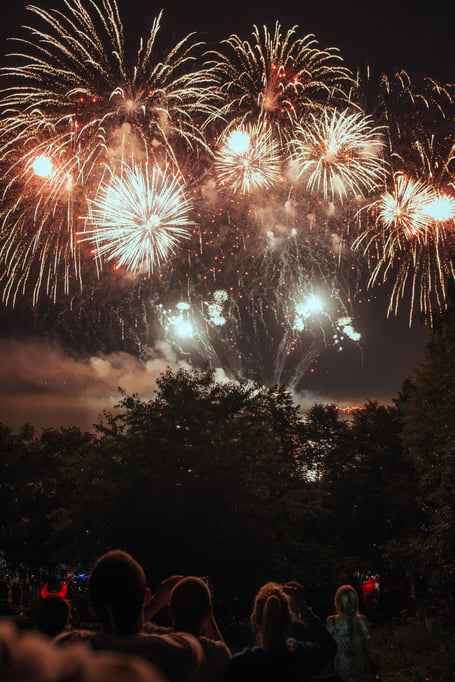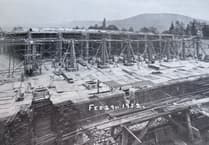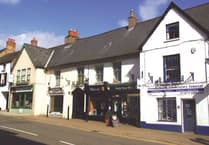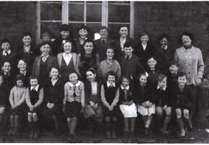THE Welsh Ambulance Service is urging people to take extra care during this weeend’s Bonfire Night celebrations.
Every year, the service is called to people who are injured in firework or bonfire-related incidents.
As well as burns, smoke inhalation from bonfires and fireworks can also irritate respiratory conditions, like asthma.
The Trust is reminding the public that professional displays such as those organised by Abergavenny Round Table at Belgrave Park, are the safer option for all.
Duncan Robertson, Consultant Paramedic at the Welsh Ambulance Service, said: “When used properly, fireworks are generally safe and accidents are avoidable, but if precautions aren’t followed, it can end in painful injuries for too many people.
“Over the next few days, and especially into the weekend, crews will be responding to patients with injuries ranging from minor burns to more serious, life-threatening conditions.
“We want everyone to have fun, but always recommend that people go along to professionally organised public firework displays.
“If you’re planning to host your own event, please ensure that safety is your main priority so that everyone is aware of dangers and takes the necessary precautions.”
To treat a burn, follow this first aid advice –
· Immediately get the person away from the heat source to stop the burning.
· Cool the burn with cool or lukewarm water for 20 minutes – do not use ice, iced water or any creams or greasy substances like butter.
· Remove any clothing or jewellery that is near the burnt area of skin, including babies' nappies, but do not move anything that is stuck to the skin.
· Make sure the person keeps warm by using a blanket, for example, but take care not to rub it against the burnt area.
· Cover the burn by placing a layer of cling film over it – a clean plastic bag could also be used for burns on your hand.
· Use painkillers such as paracetamol or ibuprofen to relieve any pain.
· If the face or eyes are burnt, sit up as much as possible, rather than lying down – this helps to reduce swelling.
· If it is an acid or chemical burn, carefully try to remove the chemical and any contaminated clothing, and rinse the affected area using as much clean water as possible.
· Take the Burns Symptom Checker on the NHS 111 Wales website for advice.
· You can also attend a Minor Injuries Unit, where there is no need for an appointment.
· If it’s serious or life-threatening, call 999.
Tips to stay well with your asthma at firework displays –
· Carry your inhaler with you so you can quickly deal with symptoms if the smoky air triggers them.
· Make sure the people you’re with know what to do and when to get help if your asthma symptoms suddenly get worse.
· Don’t stand too close to the bonfire if you’re going to a big display, and check which direction the wind is blowing in so you can avoid too much smoke.
· Wear a scarf over your mouth and nose if it’s cold out, which helps warm up the air before you breathe it in.
· Consider staying indoors if fireworks have brought on your asthma symptoms before, especially if the air quality is already poor.
· Visit the Asthma page on the NHS 111 Wales website for more advice on how to manage your asthma.
The Trust is also asking the public to respect emergency workers on Bonfire Night.
Duncan said: “We know that calls to emergency services increase around Bonfire Night, with reports of injuries, anti-social behaviour and unsupervised fires.
“Our ambulance crews are there to help people, but they can’t fight for someone’s life if they’re fighting for theirs.
“Our crews might have no choice but to leave a scene if their personal safety is compromised, and this isn’t helpful for anyone, least of all the patient.
“A split-second act of violence can have a devastating and long-term impact on our staff, both physically and emotionally.
“The debt of gratitude we owe to our emergency workers has never been greater, so now more than ever, we’re asking the public to work with us, not against us





Comments
This article has no comments yet. Be the first to leave a comment.